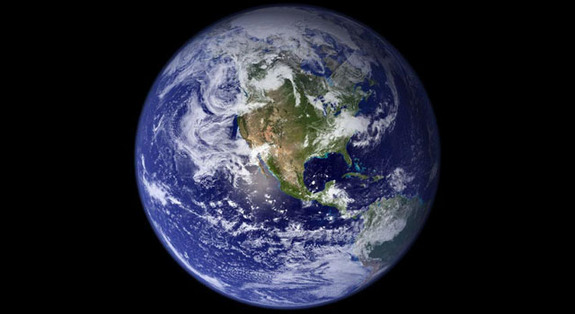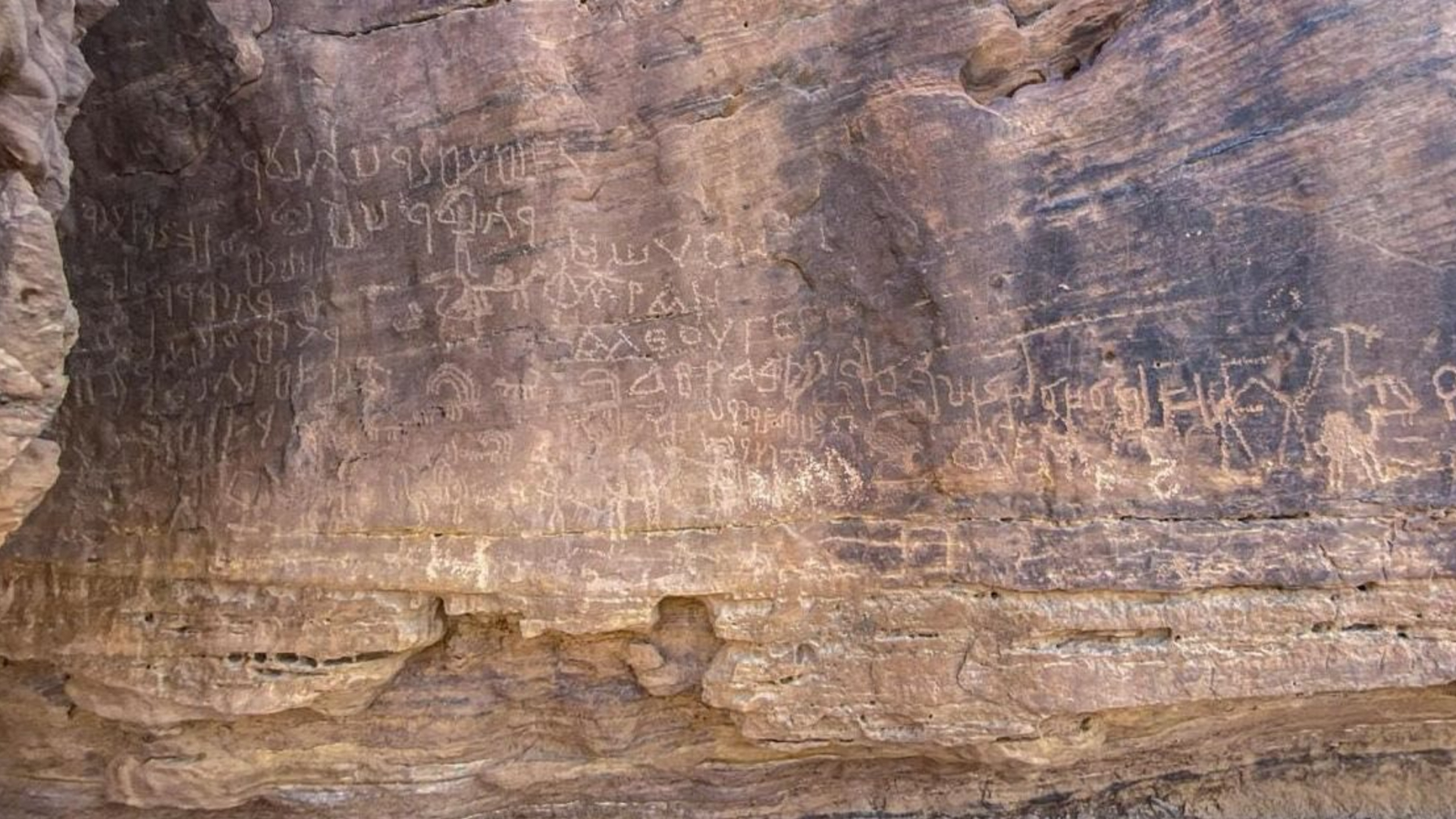How is Earth's Age Calculated?

Get the world’s most fascinating discoveries delivered straight to your inbox.
You are now subscribed
Your newsletter sign-up was successful
Want to add more newsletters?

Delivered Daily
Daily Newsletter
Sign up for the latest discoveries, groundbreaking research and fascinating breakthroughs that impact you and the wider world direct to your inbox.

Once a week
Life's Little Mysteries
Feed your curiosity with an exclusive mystery every week, solved with science and delivered direct to your inbox before it's seen anywhere else.

Once a week
How It Works
Sign up to our free science & technology newsletter for your weekly fix of fascinating articles, quick quizzes, amazing images, and more

Delivered daily
Space.com Newsletter
Breaking space news, the latest updates on rocket launches, skywatching events and more!

Once a month
Watch This Space
Sign up to our monthly entertainment newsletter to keep up with all our coverage of the latest sci-fi and space movies, tv shows, games and books.

Once a week
Night Sky This Week
Discover this week's must-see night sky events, moon phases, and stunning astrophotos. Sign up for our skywatching newsletter and explore the universe with us!
Join the club
Get full access to premium articles, exclusive features and a growing list of member rewards.
When asked for your age, it's likely you won't slip (with the exception of a recent birthday mistake). But for the sprawling sphere we call home, age is a much trickier matter.
This week, Cherry Lewis of the University of Bristol presented a talk about the history of dating the Earth as part of the BA Festival of Science in York, England.
Before so-called radiometric dating, Earth's age was anybody's guess. Our planet was pegged at a youthful few thousand years old by Bible readers (by counting all the "begats" since Adam) as late as the end of the 19th century, with physicist Lord Kelvin providing another nascent estimate of 100 million years. Kelvin defended this calculation throughout his life, even disputing Darwin's explanations of evolution as impossible in that time period.
In 1898, Marie Curie discovered the phenomenon of radioactivity, in which unstable atoms lose energy, or decay, by emitting radiation in the form of particles or electromagnetic waves. By 1904 physicist Ernest Rutherford showed how this decay process could act as a clock for dating old rocks.
Meanwhile, Arthur Holmes (1890-1964) was finishing up a geology degree at the Imperial College of Science in London where he developed the technique of dating rocks using the uranium-lead method. By applying the technique to his oldest rock, Holmes proposed that the Earth was at least 1.6 billion years old.
In a report of his findings published in 1913 in the journal Nature, Holmes expressed the less-than-ecstatic reception his findings received: "The geologist who ten years ago was embarrassed by the shortness of time allowed to him for the evolution of the Earth’s crust , is still more embarrassed with the superabundance with which he is now confronted."
The Earth's age continued to be hotly debated for decades afterward.
Get the world’s most fascinating discoveries delivered straight to your inbox.
Since then, several revisions have been made. In the 1920s, Earth's age crept up toward 3 billion years, making it for a time even older than the universe, which was then estimated to be about 1.8 billion years old.
The best estimate for Earth's age is based on radiometric dating of fragments from the Canyon Diablo iron meteorite. From the fragments, scientists calculated the relative abundances of elements that formed as radioactive uranium decayed over billions of years.
"It was not until the 1950s that the age of the universe was finally revised and put safely beyond the age of the Earth, which had at last reached its true age of 4.56 billion years," Lewis said. "Physicists suddenly gained a new respect for geologists."
For the record, the universe is now thought to have debuted, at least in its latest incarnation, about 13.7 billion ago.
Follow Life's Little Mysteries on Twitter @llmysteries. We're also on Facebook & Google+.
Jeanna Bryner is managing editor of Scientific American. Previously she was editor in chief of Live Science and, prior to that, an editor at Scholastic's Science World magazine. Bryner has an English degree from Salisbury University, a master's degree in biogeochemistry and environmental sciences from the University of Maryland and a graduate science journalism degree from New York University. She has worked as a biologist in Florida, where she monitored wetlands and did field surveys for endangered species, including the gorgeous Florida Scrub Jay. She also received an ocean sciences journalism fellowship from the Woods Hole Oceanographic Institution. She is a firm believer that science is for everyone and that just about everything can be viewed through the lens of science.
 Live Science Plus
Live Science Plus










